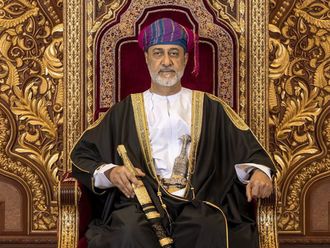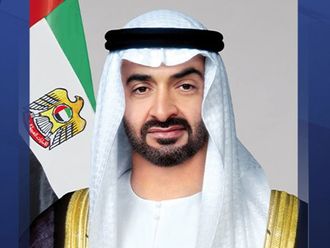Abu Dhabi: General Shaikh Mohammad Bin Zayed Al Nahyan, Crown Prince of Abu Dhabi and Deputy Supreme Commander of the UAE Armed Forces and Chairman of the Executive Council, issued a resolution setting the powers of the Executive Committee, and four resolutions on the formation of subcommittees of the executive council.
As per the first resolution, the Executive Committee is tasked with studying legislation, projects, resolutions and topics before submitting them to the council. It may make the decisions in matters that fall within its competence, review the emirate’s general budget and direct subcommittees and government authorities and follow their performance.
The committee will study general policies and strategic plans and make sure they are harmonious with each others. It should assess the overall government performance, consider strategic challenges and risks, and supervise the drawing up of the emirate’s development plan.
Shaikh Mohammad also issued resolutions on the setting up of subcommittees, including the infrastructure and environment, which will oversee several areas, including public infrastructure, transportation, planning, urban development, water and electricity services, sewerage, environment and government capital projects, e-Government and any other subjects determined by the Executive Committee.
He also issued a resolution setting up the economic development committee, which is tasked with supervising business, tourism, industry, energy, Abu Dhabi government’s financial affairs, as well as financial and media services, wholesale and retail sale, construction and building sector, real estate and statistics, and any other subjects determined by the Executive Committee.
Shaikh Mohammad also issued another resolution forming the social development committee, charged with overseeing education, health, emiratisation, social care, housing, civil service, culture, heritage, sports, pension system and Islamic affairs.
The fourth resolution sets up the security, justice and safety committee to supervise areas like police, security, fighting crime, traffic safety, justice, civil defence, crisis and disaster management, food security, occupational safety, customs, demographics, labour and any other subjects determined by the Executive Committee.










